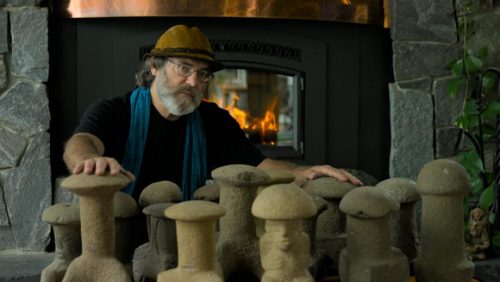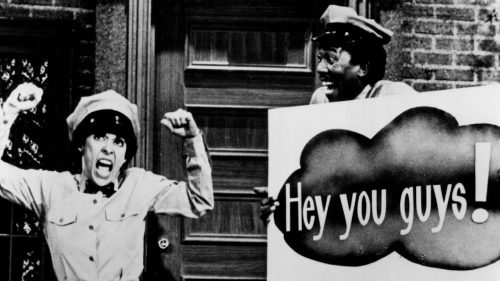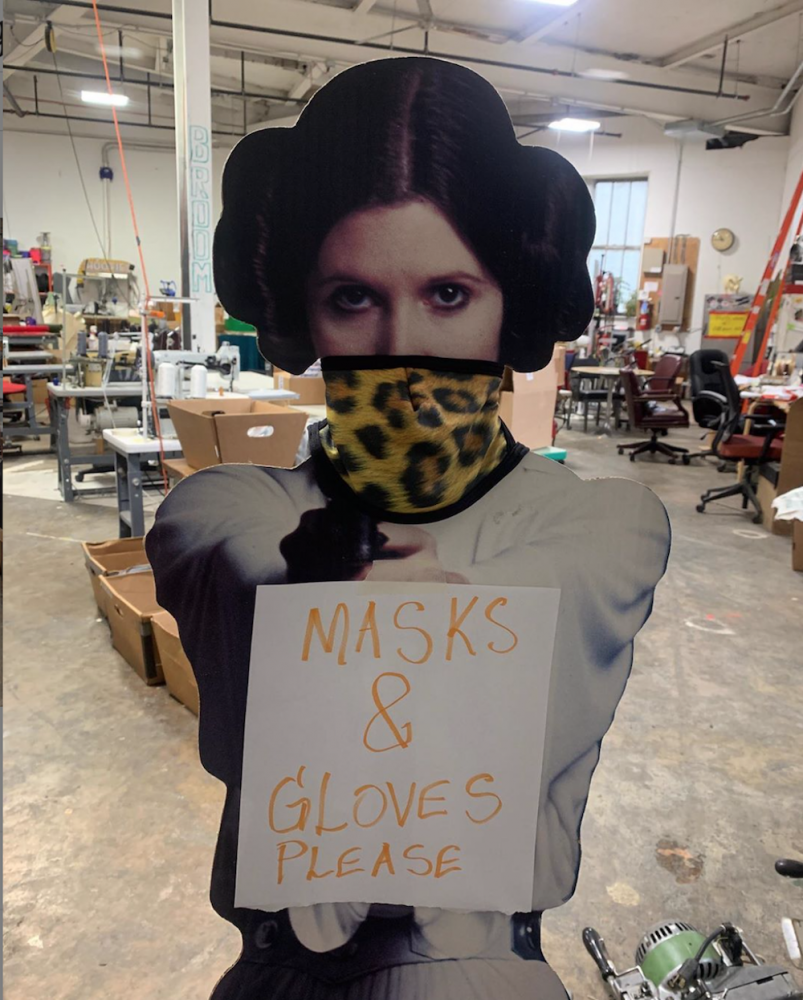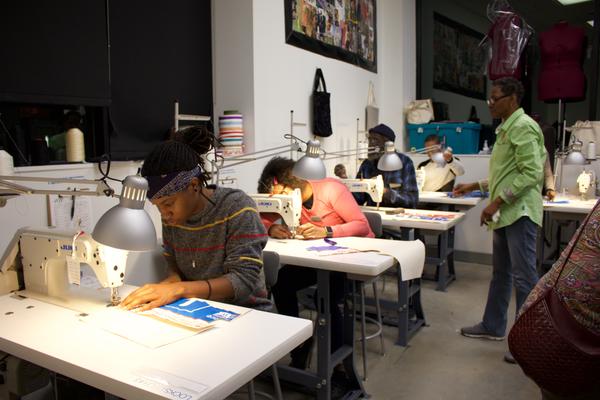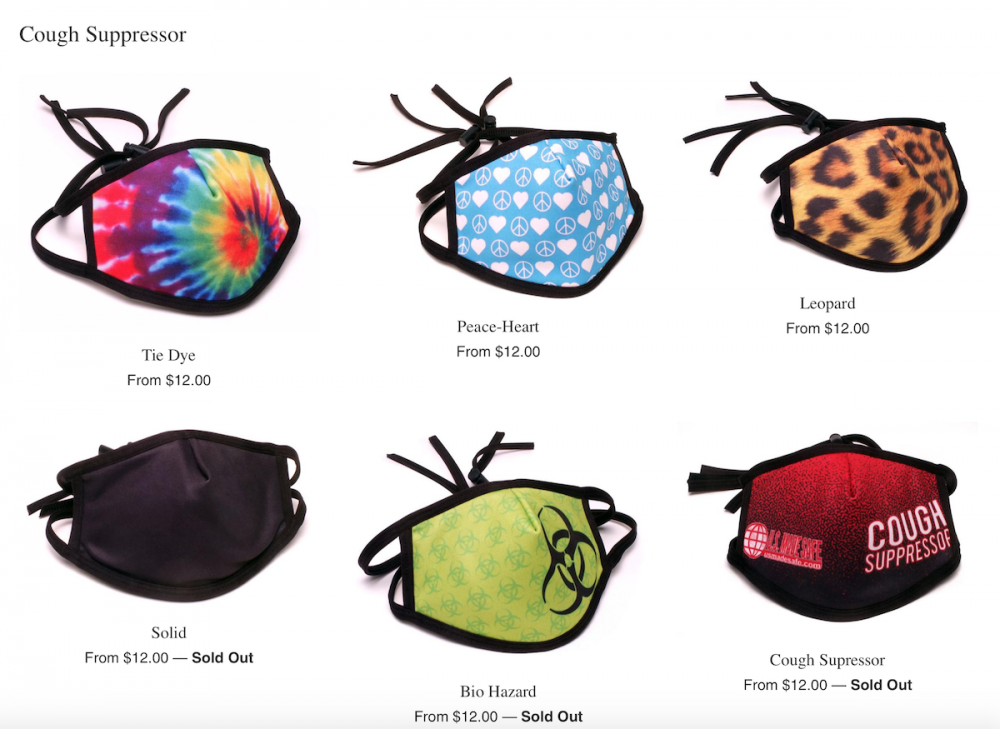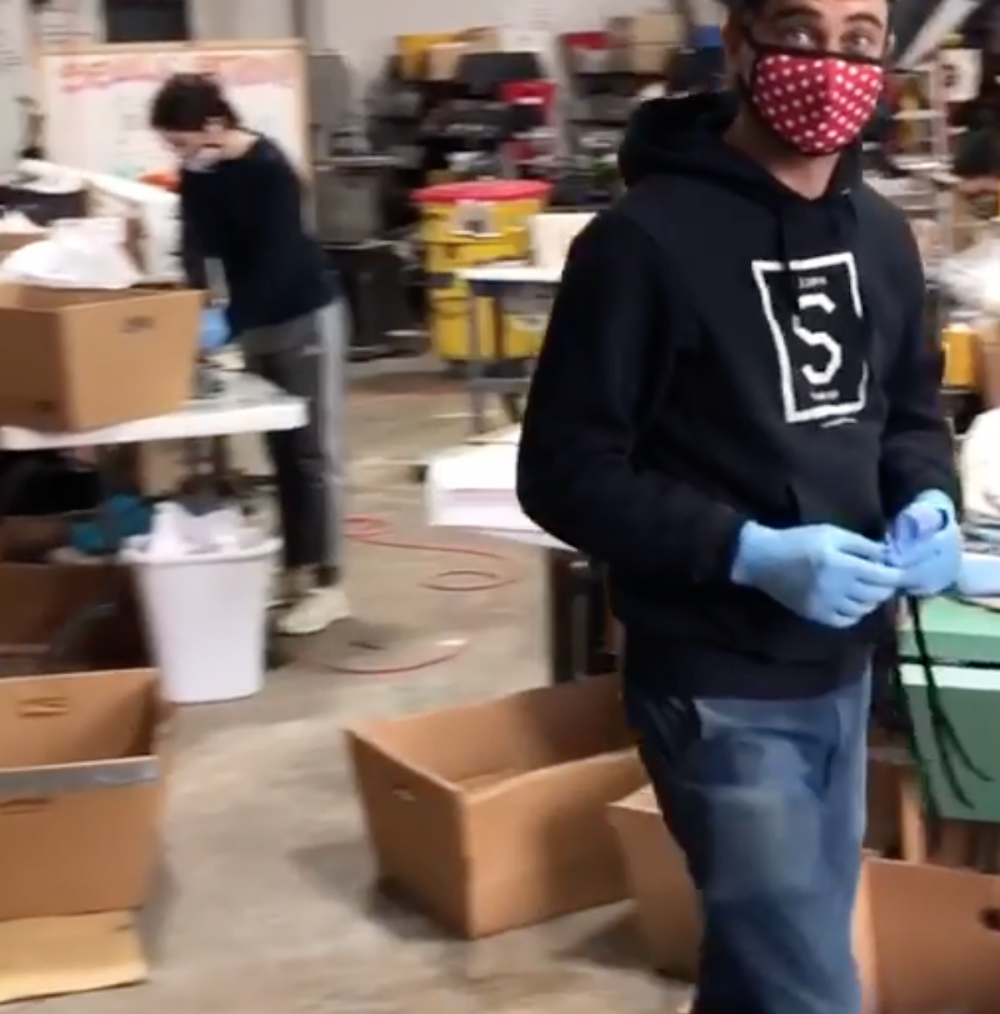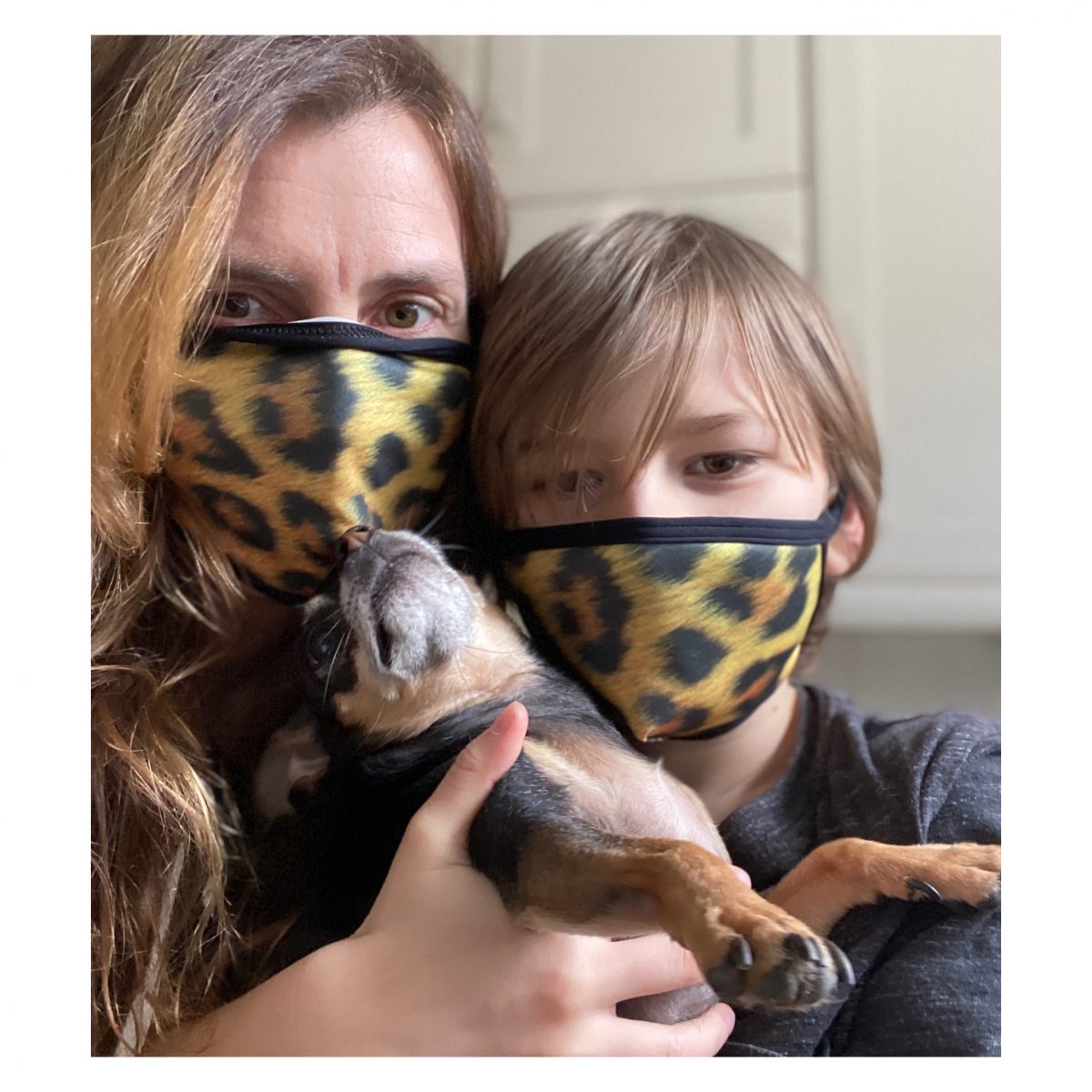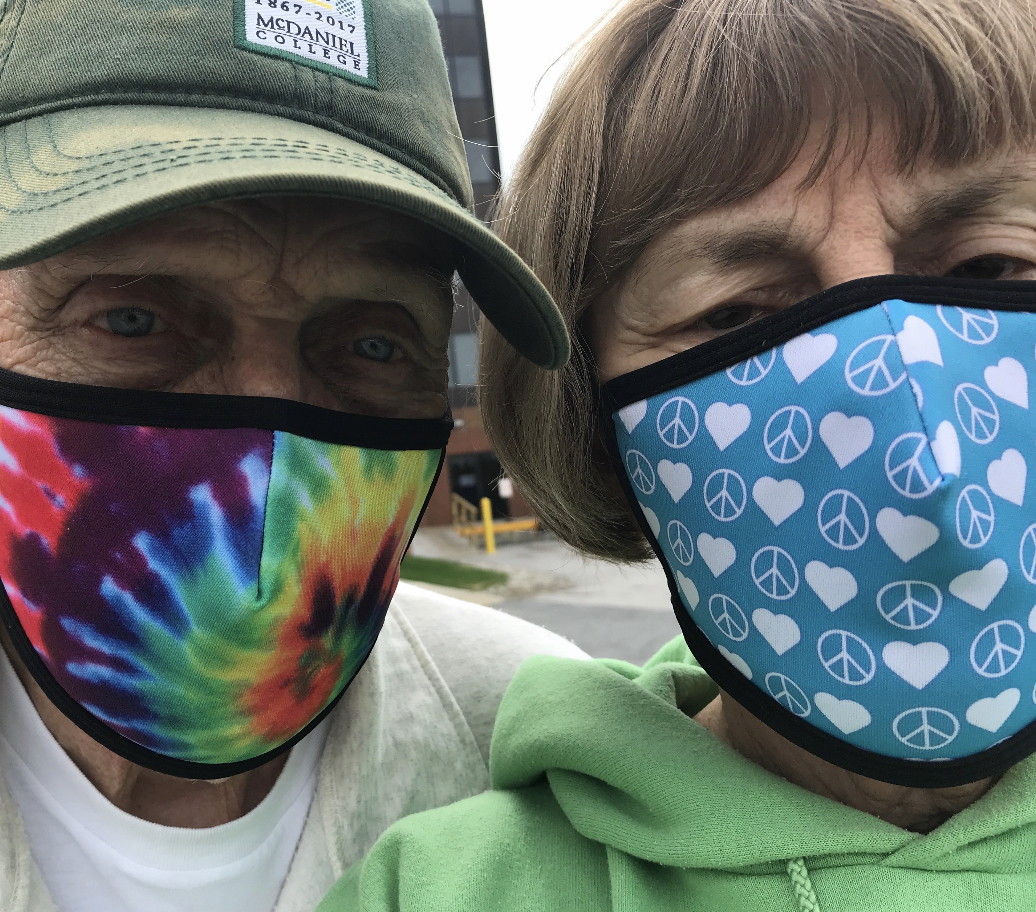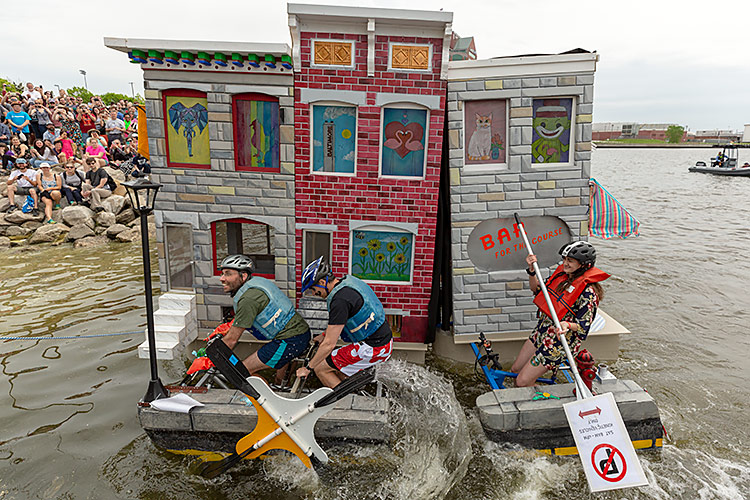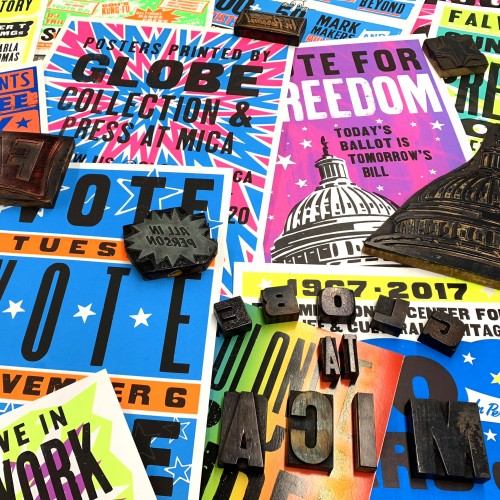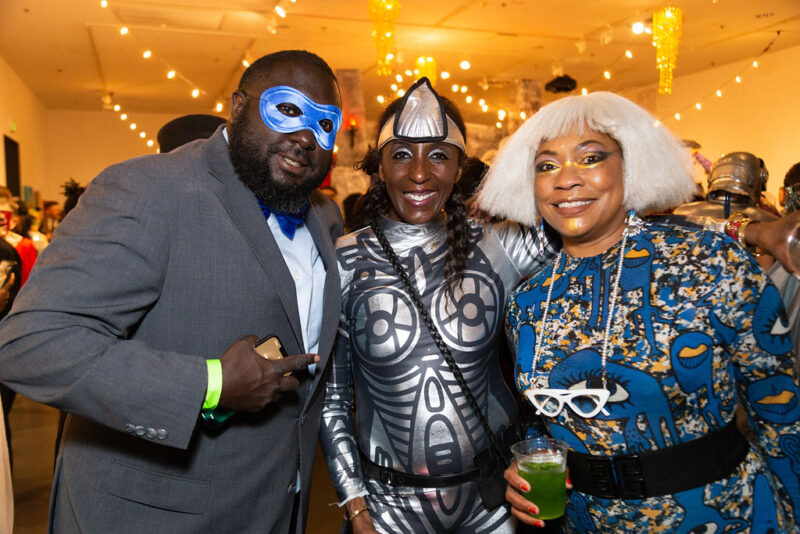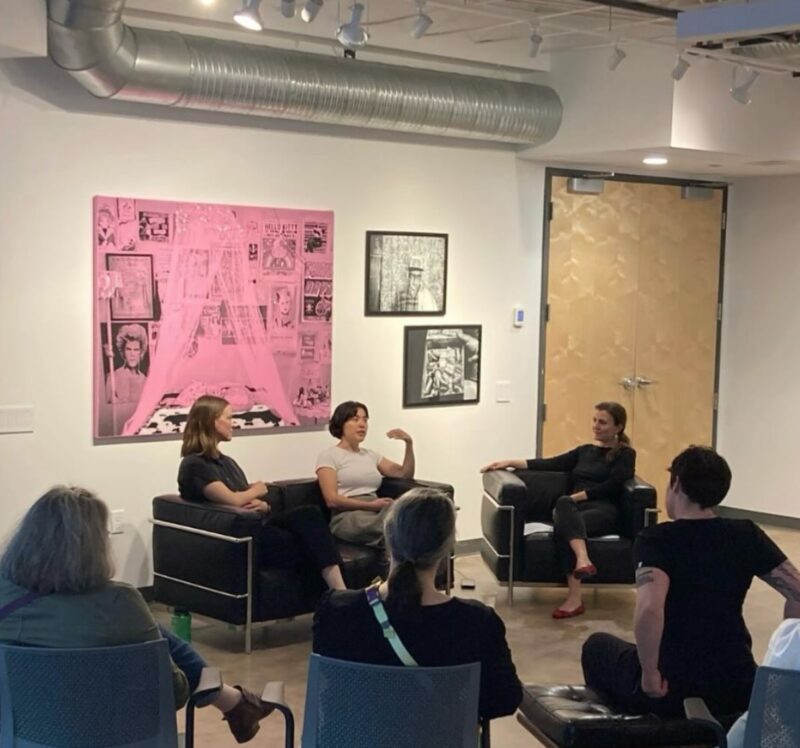For several weeks, there was a lot of contradictory information around the effectiveness of wearing a face mask in public, though it has long been a common practice in other regions, such as East Asia. Late last Friday, the Centers for Disease Control and Prevention recommended that people wear face masks in public places, along with continued social distancing, to slow the spread of the coronavirus. The guidance specifically calls for the use of cloth masks, which can be sewn at home—not medical masks such as N95s or surgical masks. Other American cities had already asked citizens to wear face coverings in public, although there has been much debate over whether homemade masks can be used in hospital settings, especially where PPE (personal protective equipment, worn to minimize exposure to hazards in the workplace) supplies are running dangerously low.
According to the Baltimore Sun, the state of Maryland requested from the federal government more than a million masks, gloves, and face shields for medical workers, but has only received a small percentage of these critical supplies. According to FEMA documents, Maryland has received about a third of the 778,129 face masks and N95 respirator masks, less than half the gloves, and none of the 100,000 testing swabs requested. In the face of a looming shortage, hospitals, health, and government agencies have been turning to local, small manufacturing companies to fill the void. These new partnerships are creating life-saving supplies, and jobs, for those who desperately need them.
SewLab USA, a Baltimore-based manufacturing company that constructs soft goods from sustainably sourced materials, is one such company. Owned and managed by Cecilia Grimm and Jeremiah Jones, who met in Brooklyn in the early 2000s and are now married with a young daughter, SewLab’s mission has long been to make sustainable, high-quality products in Baltimore rather than overseas and to create well-paying jobs for Baltimore residents who are “highly trained artisans, dedicated to their craft and craftsmanship.”
